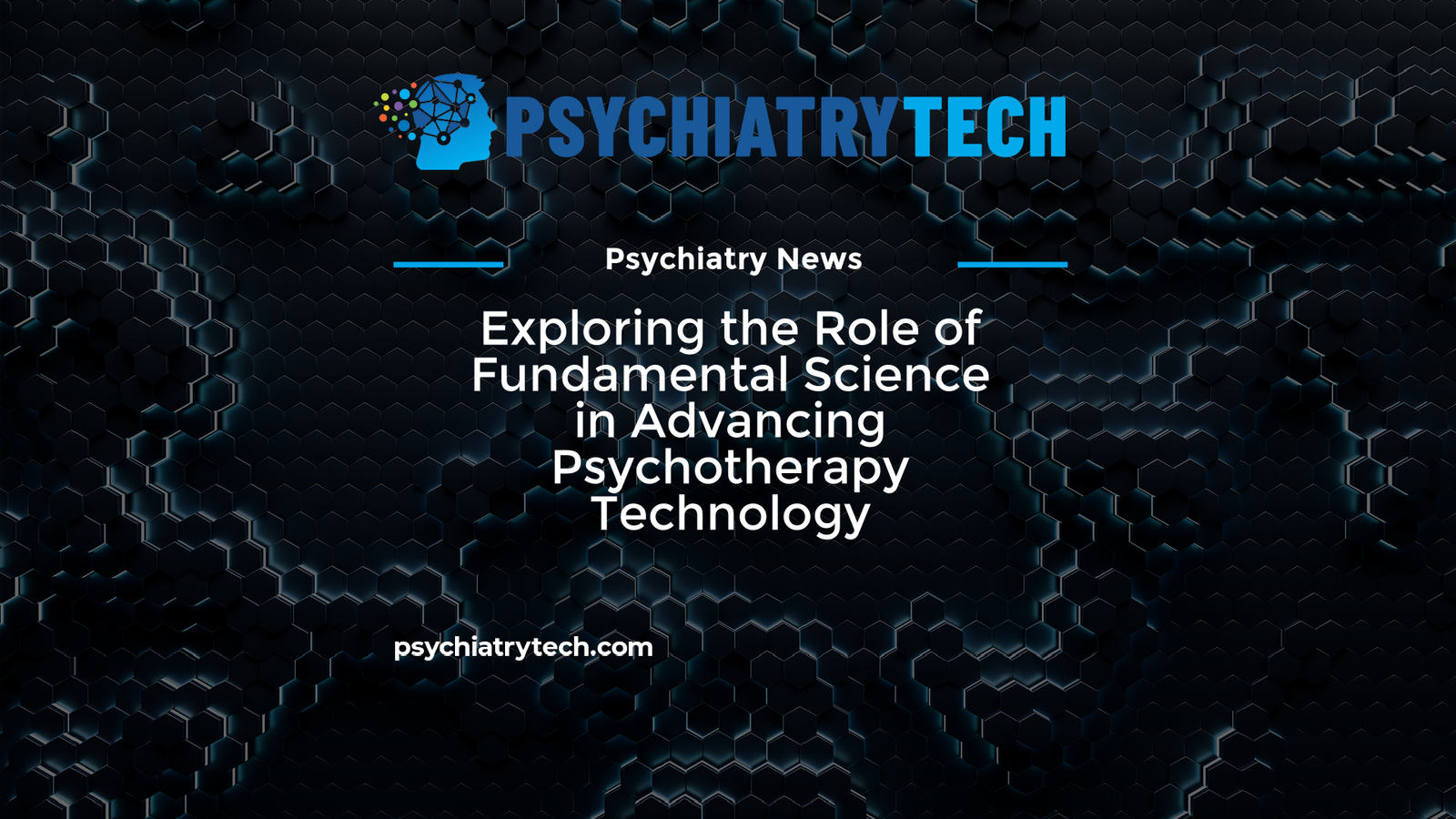Exploring the Role of Fundamental Science in Advancing Psychotherapy Technology
Science and technology have always been closely intertwined, with advances in one field often leading to breakthroughs in the other. In psychiatry, the use of technology has revolutionized the way mental health professionals provide therapy and diagnose patients. As technology becomes more advanced, we can utilize it to deepen our understanding of the biological basis of mental health disorders and improve psychotherapy treatments.

Discover The World's MOST COMPREHENSIVE Mental Health Assessment Platform
Efficiently assess your patients for 80+ possible conditions with a single dynamic, intuitive mental health assessment. As low as $12 per patient per year.
Bridging the Gap Between Fundamental Science and Psychotherapy Technology
One way to bridge the gap between fundamental science and psychotherapy technology is to integrate the two fields more deeply. Fundamental science helps us to understand how the brain processes emotions and thoughts, which can in turn inform the development of novel treatment approaches. For example, neuroimaging technology has allowed researchers to visualize how neurons in the brain behave during normal and abnormal states of consciousness, leading to a greater understanding of the biological basis of mental health disorders.
Advances in neuroscience can also inform psychotherapy development. One current area of research is the use of virtual reality (VR) technology to create environments that patients can engage with as part of their treatment. VR technology has the potential to simulate real-world situations that trigger certain emotions in patients, allowing for controlled exposures to fear-inducing stimuli that can promote therapeutic healing. This approach has already been used successfully to treat phobias, anxiety, and PTSD.
The Importance of Collaboration in Advancing Psychotherapy Technology
The integration of fundamental science and psychotherapy technology requires collaboration between different fields, including neuroscience, psychology, and engineering. Cross-disciplinary approaches are important to optimize the development of new therapies and technology to better treat mental health disorders.
Collaborative research also enables a shared understanding of the needs of patients and the clinical implications of different treatment approaches. Working together can ensure that psychotherapy technology is grounded in evidence-based practices and is designed with real patient needs in mind.
Future Directions in Psychotherapy Technology
Looking to the future, there are many promising directions in advancing psychotherapy technology. One area of active research is electroencephalography (EEG) technology, which allows for the measurement of electrical activity in the brain. EEG technology can provide real-time feedback on brain activity during psychotherapy sessions, allowing therapists to tailor their treatment approaches to better suit a patient’s changing needs.
Another area of research is the use of machine learning and other artificial intelligence (AI) techniques in psychotherapy technology. AI has the potential to revolutionize diagnosis and treatment by analyzing large amounts of data and developing personalized treatment plans for individual patients.
Conclusion
In conclusion, the integration of fundamental science and psychotherapy technology has the potential to revolutionize the way mental health professionals provide treatment and diagnose mental health disorders. Advances in neuroscience, VR, EEG technology, and AI are opening up new ways to provide personalized, effective, and evidence-based psychotherapy. However, collaboration and continued research between different fields are crucial to optimize the development of these new technologies and ensure that they meet the needs of patients.
What do you think are some exciting future directions for psychotherapy technology? Share your thoughts in the comments and be sure to follow Psychiatry Tech for more updates on the latest advancements in the field.

